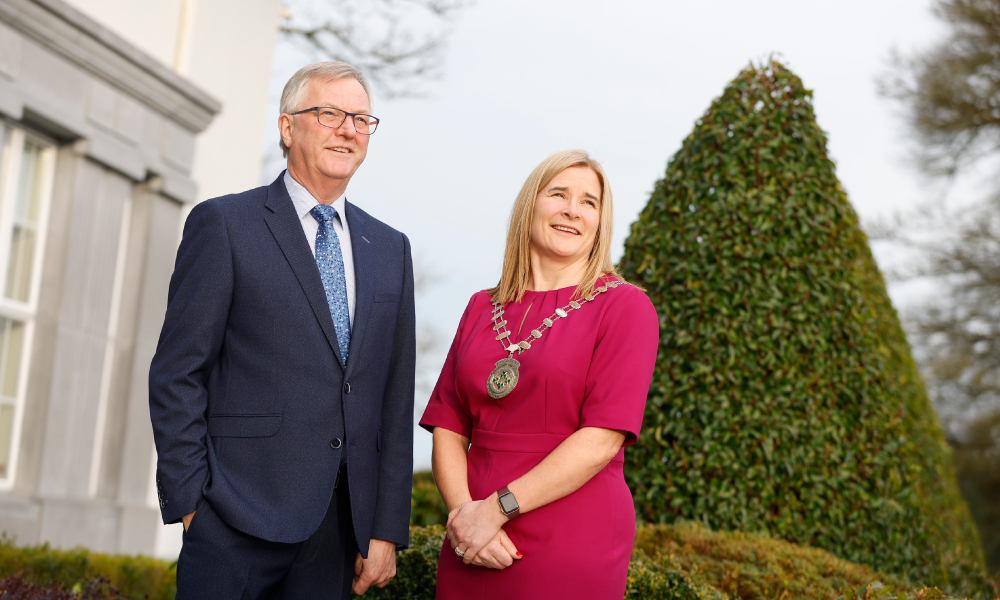- Rising business costs cited as the most serious challenge facing hotels in 2024
- 79% of hoteliers concerned about the outlook for the global economy
- Forward bookings for hotels down 4.5% in 2024 compared to this time last year
Stubbornly high business operating costs, coupled with concerns about the economic outlook for the year ahead, are weighing on the minds of hoteliers as they gather today for the Irish Hotels Federation’s (IHF) 86th Annual Conference taking place this year in the Slieve Russell Hotel, County Cavan.
Following a strong performance in 2023, IHF President Denyse Campbell pointed to a more challenging outlook for the Irish hotels sector in the year ahead, with forward bookings underperforming and business sentiment among hoteliers taking a hit. Recent industry research carried out by the IHF shows a drop in levels of optimism across the sector, with only 47% of hoteliers reporting a positive outlook for trading conditions over the next 12 months. This contrasts with 74% who reported a positive outlook at the same time last year.
Hoteliers ranked rising business costs as the most serious challenge facing their business this year, with early forecasts indicating further increases of in excess of 8% in operating costs over the year ahead, significantly outpacing levels of inflation within the wider economy. This follows a period of already unprecedented cost increases over the last two years.
Some 79% of hotels indicated they were concerned about the outlook for the global economy and the potential impact on their business. Forward bookings for the year ahead are now down 4.5% compared to this time last year, with 53% of hotels reporting a net decrease in bookings. Of particular concern is the domestic market along with the UK and rest of Europe. Bookings for North America are holding up, however, which is very welcome given the growing importance of this key market as a source of tourism revenue.
Ms Campbell said: “While it is too early to predict the overall performance for the year, initial indications are concerning and highlight the challenges our industry faces across key markets. This is at a time when consumer finances are under ongoing pressure and businesses are dealing with additional costs and a sharp rise in interest rates. We are also seeing the impact of the Government’s decision to increase tourism VAT, making us an outlier with the third highest rate of VAT in Europe.”
“It is incumbent on the Government to do more to tackle the very high cost of doing business within the Irish economy. This is a major challenge for tourism and hospitality, our largest indigenous employer. Increasing costs are continuing to erode our competitiveness as a destination and jeopardise the sustainability of our wider industry – a vital part of the economy supporting some 270,000 livelihoods, 70% of which are outside of Dublin. More needs to be done to address Government-controlled costs, particularly for labour intensive industries such as tourism.”
Commenting on levels of ongoing investment within the sector Ms Campbell noted that, having invested significantly in their properties over the last two years, many hotels are continuing to prioritise investment in maintaining a consistently high-quality offering for visitors – a cornerstone of our competitiveness. Some 78% of hoteliers indicate they are planning refurbishment projects and increased capital investment over the next 12 months, including refurbishment of guest bedrooms (56%), refurbishment of common areas (47%) and guest technology (30%).

